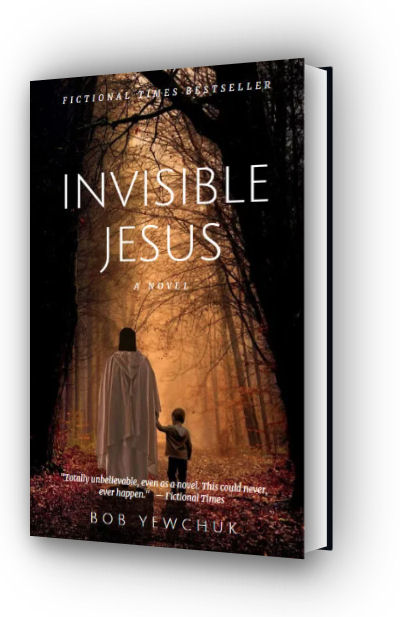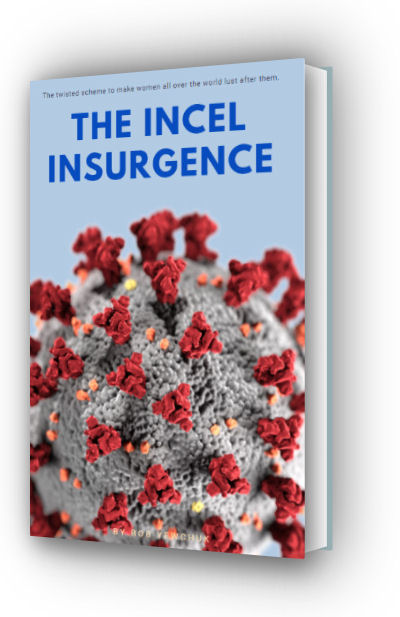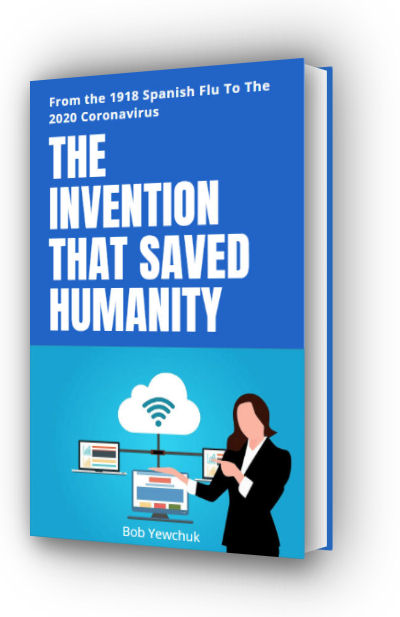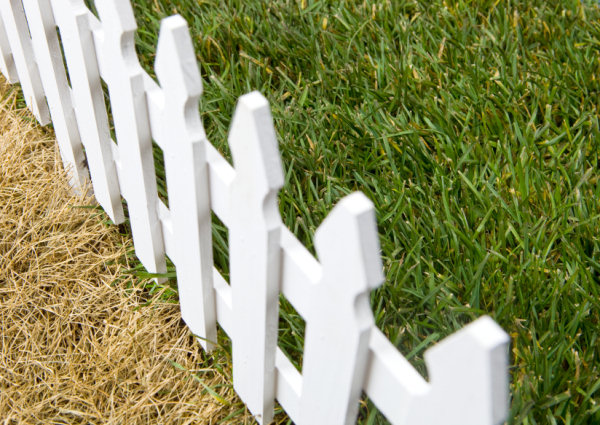Some Things Take 50 Years to Learn
If you had told me, when I was a teenager, that some things take us 40-50 years to learn, I wouldn’t have believed you. Sure, mastering a musical instrument may take 50 years, but a simple lesson or a concept should take the average person no longer than a few minutes, or maybe a couple of hours, if it happened to be particularly complex.
Now I am much older, and perhaps a little bit wiser. 40-50 years have passed since my childhood, and I am still learning new things. Maybe I’m a little slow, or perhaps it’s due partially to the Dunning-Kreuger Effect, but some of these lessons did take (at least for me) 40-50 years to internalize.
.
Falling Down
When I was about seven or eight years old, my grandmother came over to visit us. She and my parents were sitting on the patio, and I was running around and playing in the back yard. While running, I fell on the grass, so I simply got up again and continued what I was doing. To my surprise, my grandmother was horrified. She was worried that I may have injured myself. I was baffled by her over-reaction – I fall from time to time, and while falling on a sidewalk does hurt, falling on grass is no big deal. You simply pick yourself up, brush off the grass from your clothes and carry on. The worst part of the experience was getting a lecture from your mother about the grass stains on your clothes.
Now, 50 years later, I completely understand my grandmother’s reaction. Falling at my age is much more serious (even without osteoporosis) – and that’s just from standing or walking, never mind running. I am reminded of this every now and then, when I read about a celebrity who died as a result of a fall.
- Dr. Robert Atkins, the originator of the popular Atkins Diet, died after he slipped on a patch of ice.
- Ann B. Davis, who played Alice on The Brady Bunch, died after a fall in her bathroom. She was 88 years old, but apparently in excellent health for her age.
If you have a morbid curiosity about such things, there is a surprisingly exhaustive list on Wikipedia of famous people who have died as a a direct result of (or from complications due to) an accidental fall.
.
The Old Married Couple
As a youngster, I would occasionally hear touching newspaper or television stories about senior citizens who have been married for several decades, and who are still in madly love. The husband will usually remark that his wife is just as beautiful now as she was when they first met, or when they were newlyweds. I would gaze at their photos in disbelief. These were old, wrinkly people, and for the life of me, I just didn’t get it. Surely the husband was merely being kind or extremely diplomatic. The contrast in their appearance was particularly striking when the story included photos of the couple as newlyweds alongside a more current photo. To me, they (like all adults, when I was that age) even looked old in their newlywed photo.
Fast forward 40-50 years… most of my school friends are now in their late 50s and early 60s, and thanks to Facebook, I still keep in touch with many of them. As I peruse their recent photos, I initially thought that everyone in my graduating year was aging particularly slowly – there must have been something magical about us, since people in other grad years (whom I didn’t know as well) seemed to be aging much faster. Surely, the gods were smiling upon my close friends and me.
When I looked at a recent photo of my high school friends, I still saw the teenager in their faces – the face I remember vividly from high school. Logically, I knew that I was looking at a man or woman in his or her late 50s (or even early 60s), but my brain just didn’t perceive someone who was close to their retirement age. This perceptual quirk occurred with photos of both men and women. I decided to dig a little more deeply. After some experimentation, I realized that my closest high school friends (the ones with whom I spent the most time during my adolescence) seemed to look the youngest. In what appeared to be a bizarre case of confirmation bias, it was almost as if I were friends with only those people blessed with anti-aging genes. The people in other grades, whom I knew only casually, looked a bit closer to their actual age.
Now I understand why the husbands in those newspaper articles were still gushing over their wives, even after 40-50 years of marriage. This is not something that you are capable of noticing when you’re young, but as you get older, you will begin to notice it yourself in those who are close to you. Just like the song, the majority of my childhood and high school friends are still Forever Young.
.
The Importance of Giving
“No one is useless in this world who lightens the burden of another.” – Charles Dickens
“You haven’t learned how to live until you’ve learned how to give.” – Kirk Douglas
When I was growing up, I would often hear the phrase “It’s better to give than to receive“, from my parents, and from our priest. As a small child, I thought this was absolutely ridiculous advice. There was just no comparison – receiving presents was much better than buying them for others.
This egocentrism and materialistic outlook continued through my adolescence and into my young adulthood. When I was in university, I couldn’t wait to graduate so that I could become fabulously wealthy, make a name for myself, and (just like everyone else at that age) change the world. Around that same time, I used to enjoy watching the television series Lifestyles of the Rich & Famous; in fact, I even found it aspirational. Now, of course, I find this gaudy display of wealth tiresome and unappealing.
So, what happened during these intervening decades?
Over time, I slowly began to realize that people aren’t impressed by how much you accumulate for yourself; they are impressed by how much you give away, or by how much you do for others. This is illustrated wonderfully in Charles Dickens’ book, A Christmas Carol. Ebenezer Scrooge must have accumulated a considerable sum of money during his time working at Scrooge & Marley. However, no one cared how much money he had. It was only after his epiphany, when he started using his means to ease the burdens of others that he was welcomed and celebrated.
I very gradually started to internalize this outlook. A few years ago, I wrote a blog post called The Generosity Coefficient, which examines the importance of giving. Then I wrote The Power of Pay It Forward to encourage others to target their giving more strategically.
Giving doesn’t have to be a monetary donation. It could be the gift of time, or the sharing of your talents, in order to – as Charles Dickens observed – ‘lighten the burden of another.‘ One person who really impresses me is former U.S. President Jimmy Carter. Since leaving office, Carter and his wife Rosalynn have volunteered at Habitat for Humanity for over 35 years. They haven’t merely donated money – they actively participate in the decidedly arduous, and unglamourous work of building houses. They serve others, without any compensation and without fanfare.
According to Wikipedia, Jimmy and Rosalynn Carter have lived in the same house in Plains, Georgia, since 1961. It is the only house they have ever owned. Jimmy Carter also taught Sunday School at the Maranatha Baptist Church, in Plains, Georgia. He did so until 2020, when he stopped due to his declining health and the COVID pandemic restrictions. Jimmy Carter donated his time, labour, and knowledge for decades. He lived a humble life devoted to serving others, and this impresses me far more than a condo on Billionaire’s Row or an ostentatious, jet-setting lifestyle.
.
These three things took me 50 years to fully appreciate. I have no doubt that there are other lessons that will take even longer to extract. In the meantime, I’ll strive to continue learning and I’ll add more as soon as I figure them out myself.
.











































